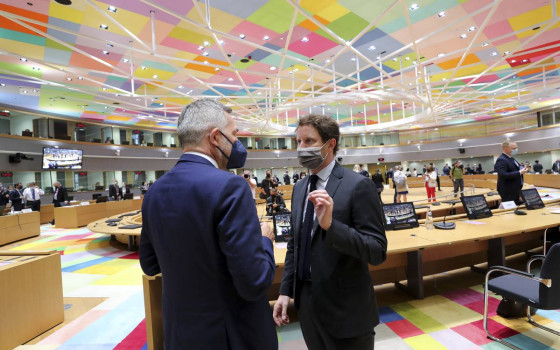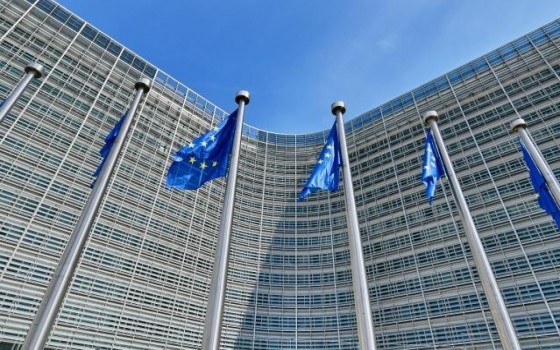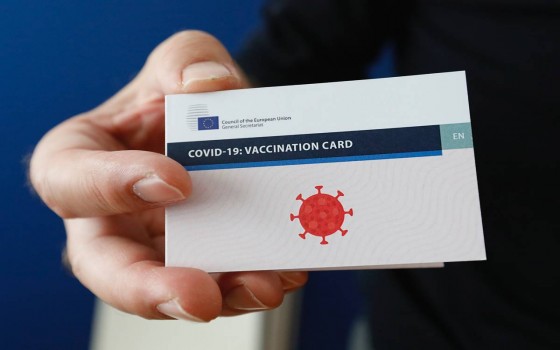
During a meeting of health ministers in Brussels: approval of a more modern and simplified fee structure methodology for the European Medicines Agency

- Europe and Arabs
- Tuesday , 13 June 2023 17:16 PM GMT
Brussels: Europe and the Arabs
The EU health ministers outlined the position of the European Council, which represents member states, on a regulation to update and simplify the fee structure for the European Medicines Agency (EMA) to better reflect the evolving requirements and challenges it faces. The general approach approved today will enable the Council to start negotiations with the European Parliament.
“The European Medicines Agency and relevant national authorities play vital roles in protecting and promoting public and animal health. The EU Health Ministers today endorsed an approach that will enable this work to continue, supported by a modern fee system that is straightforward and flexible enough to adapt to future developments.” According to a European statement on Jacob Forsmid, Minister of Social Affairs and Public Health in Sweden, which currently holds the rotating presidency of the Union.
The proposed regulation aims to update existing legislation governing the fees charged by the EMA. He will ensure that fees and charges are cost-based, flexible and secure sufficient funding to ensure the future sustainability of EMA operations while providing adequate support to the Member States' competent National Authorities (NCAs). The proposal also seeks to reduce the complexity of the existing legal framework.
Why does the EMA fee structure need to be updated?
EMA plays an important role in the evaluation and supervision of medicines, with the broader goal of benefiting human and animal health.
In order to perform its mission, the agency needs a sound financial foundation to support its operations, however the current fee structure is increasingly complex and no longer reflective of the nature of the business and the challenges involved. It is also necessary to compensate the core contribution of the NCAs in a sustainable manner.
board position
The Board's overall approach maintains key elements of the Commission's proposal, including moving to a cost-based approach. However, it is working on amending provisions for adjusting EMA fees and bonuses, ensuring that NCAs' costs are covered.
The general approach also spells out some flexibility measures, which allow for further changes to be made to the fee system at a later date. Specifically, the board expanded the EMA Board's role in updating fees.
next steps
Today's general approach gives the incoming Spanish Presidency of the Council a mandate to start negotiations with the European Parliament with the aim of reaching an interim agreement.
The current fee system for EMA has been in place for nearly two decades, during which time the system has become increasingly complex. A recent evaluation of the system identified five major issues, including misalignment of some fees with core costs, lack of rewards for some procedural activities, and inconsistencies between relevant legal provisions.
On December 13, 2022, the Commission published a proposal on organizing a review of the current EMA fee system. The proposal has three objectives:
To move from a fixed rate system to a cost based system for EMA fees
To ensure the sustainability of the European regulatory network formed by EMA and the Competent National Authorities (NCAs)
To simplify existing legislation by consolidating the content of the two existing EMA fee regulations, the Pharmacovigilance Fee and the No Pharmacovigilance Fee, into a single legal tool
The health ministers previously discussed the proposal and the board's position at the EPSCO Council on March 14, 2023.












No Comments Found